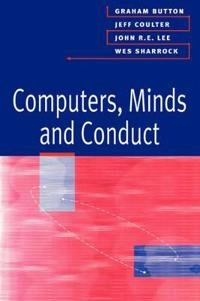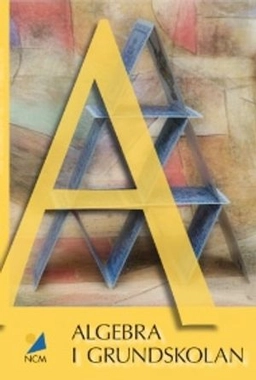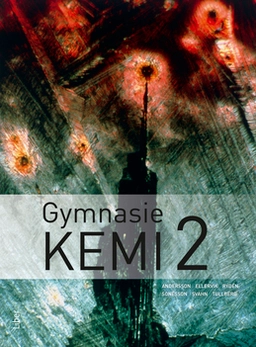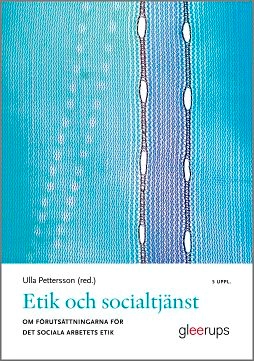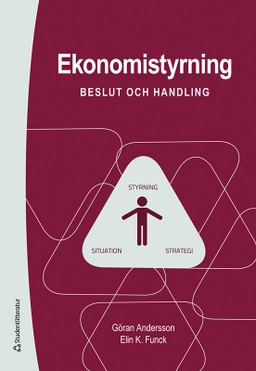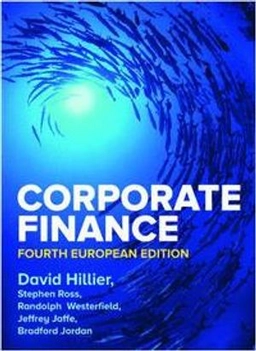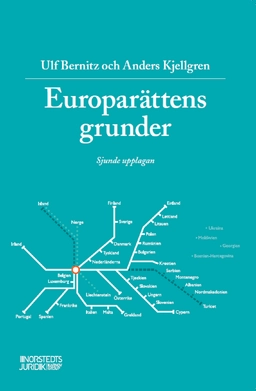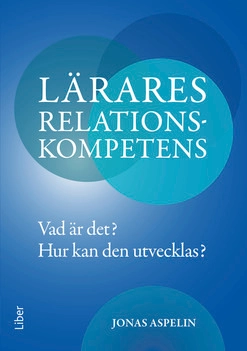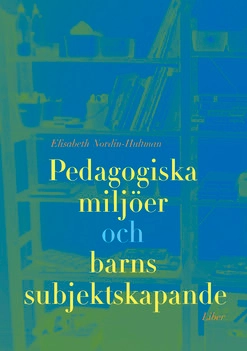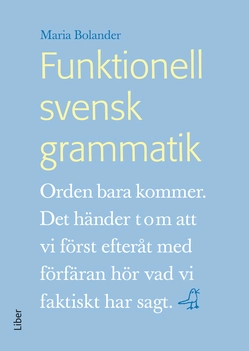This book provides a sustained and penetrating critique of a wide range of views in modern cognitive science and philosophy of the mind, from Turing's famous test for intelligence in machines to recent work in computational linguistic theory. While discussing many of the key arguments and topics, the authors also develop a distinctive analytic approach. Drawing on the methods of conceptual analysis first elaborated by Wittgenstein and Ryle, the authors seek to show that these methods still have a great deal to offer in the field of the cognitive theory and the philosophy of mind, providing a powerful alternative to many of the positions put forward in the contemporary literature.
Amoung the many issues discussed in the book are the following: the Cartesian roots of modern conceptions of mind; Searle's 'Chinese Room' thought experiment; Fodor's 'language of thought' hypothesis; the place of 'folk psychology' in cognitivist thought; and the question of whether any machine may be said to 'think' or 'understand' in the ordinary senses of these words.
Wide ranging, up-to-date and forcefully argued, this book represents a major intervention in contemporary debates about the status of cognitive science an the nature of mind. It will be of particular interest to students and scholars in philosophy, psychology, linguistics and computing sciences.
Åtkomstkoder och digitalt tilläggsmaterial garanteras inte med begagnade böcker
